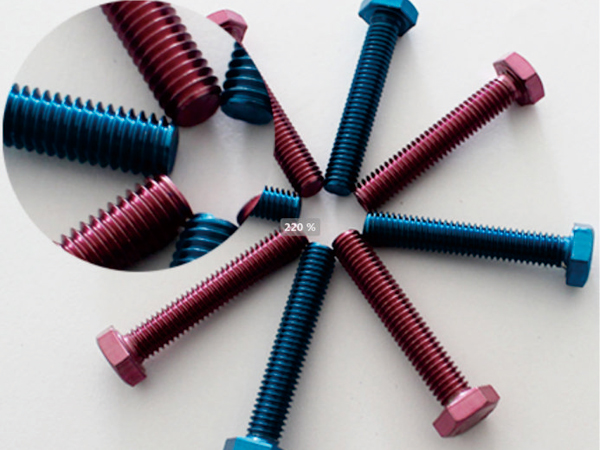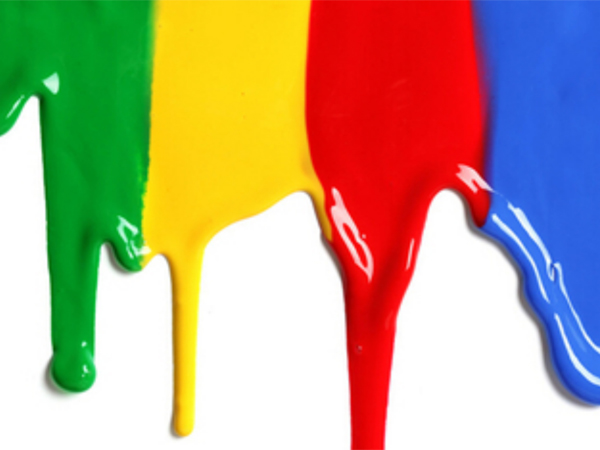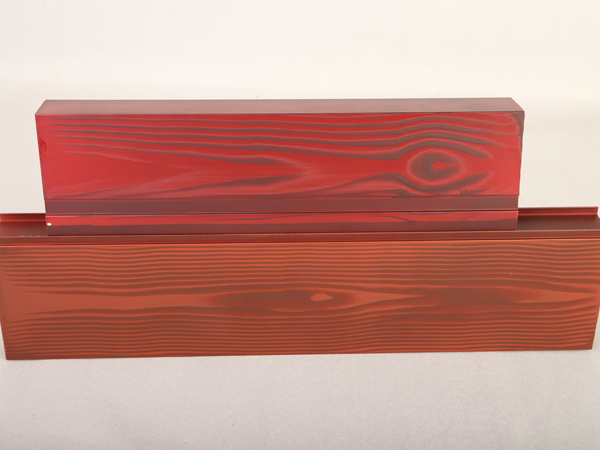Why is electrophoretic surface brightness so good?
With the growing maturity of electrophoresis technology, electrophoresis pretreatment processes have been varied. In decorative electrophoresis, acrylic electrophoresis paint gradually exerts its unique decorative effect because of its very good transparency, gloss and high hardness.
But relying only on the performance of the acrylic electrophoretic paint itself and its brightness requirements are not enough for many decorative metals, so in order to display the metallic texture and high gloss, it is necessary to do something about the craftsmanship.
In the electroplating process, today’s decorative electroplating can no longer meet the needs of modern people. Go for more colorful items, rather than monotonous colors. Well, that's the case. Now there is a process of combining decorative electroplating and electrophoresis. Then I will briefly introduce nickel electroplating.
It can be said that some metals, especially iron, are plated with nickel, silver, and cupronickel before electrophoresis to enhance their corrosion resistance and metallic texture. Nickel plating is one of the more commonly used processes. The metal nickel itself is silver-white, slightly yellow, and has a melting point of about 1470 °C. The nickel plating treatment before electrophoresis is generally bright nickel plating, and nickel plating also includes dark nickel plating, semi-bright nickel plating, low stress nickel and nickel sealing (composite plating) and other processes. Bright nickel plating has many advantages. It can not only save the heavy polishing process, improve operating conditions, save electroplating and polishing materials, but also improve the hardness of the plating layer, which is convenient for automatic production. However, the bright nickel plating layer contains sulfur, internal stress and It is more brittle, and its corrosion resistance is not as good as that of dark nickel plating. In order to overcome these shortcomings, a multi-layer nickel plating process is usually used to significantly improve the mechanical properties and corrosion resistance of the coating. In general, the electroplated nickel layer has high stability in the air and can resist the corrosion of the atmosphere, alkali and some acids; and why it is often used for decoration is because the electroplated nickel crystals are extremely fine and have excellent polishing performance. The polished nickel coating achieves a mirror-like glossy appearance while maintaining its luster for long periods of time in the atmosphere.
In electroplating, nickel electroplating has many excellent properties, and its processing volume is second only to electroplating zinc, and its processing cost is not high, so in electrophoresis, electroplating nickel is a process As an electrophoresis pretreatment process, it is often used and very necessary in many places.





 WeChat
WeChat